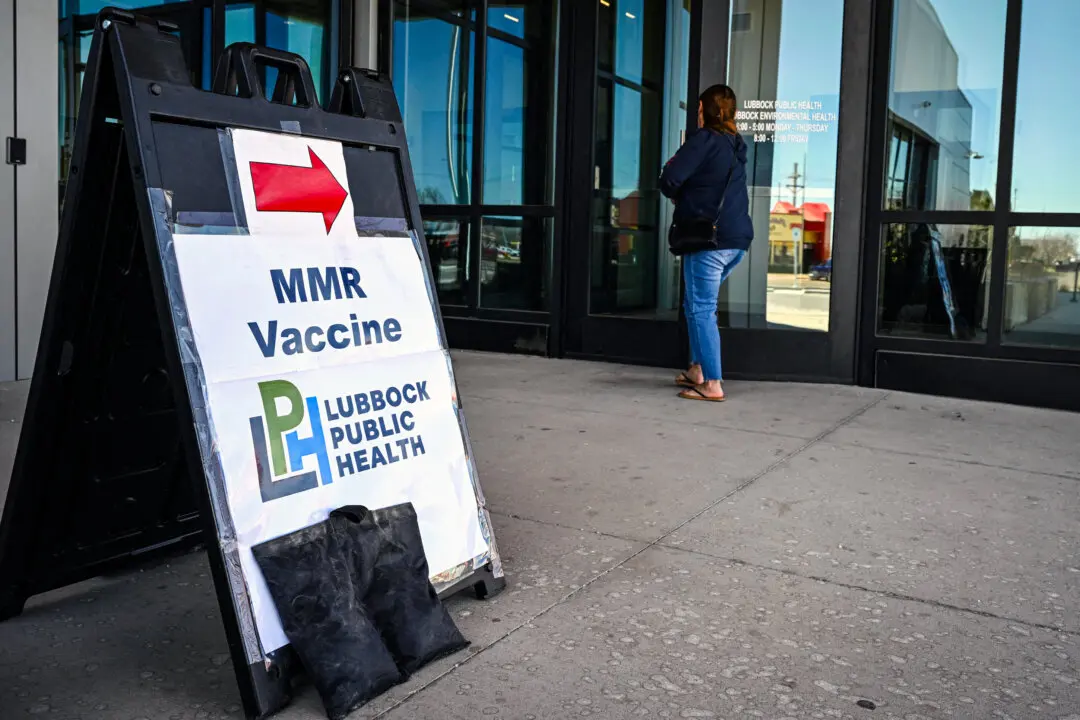Former President Donald Trump is not pleased with some of the votes that his Supreme Court nominees have made, including siding with Democrat nominees in a recent ruling upholding the Affordable Care Act.
The nation’s top court ruled last week that a collection of states asserting that the act, also known as Obamacare, is unconstitutional lacked standing.





